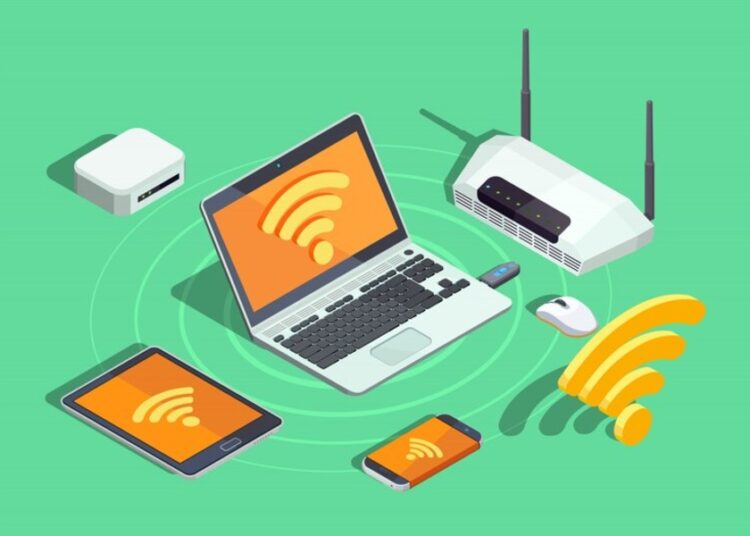In a move to enhance internet connectivity and attract telecom investment, seven Nigerian states have waived right-of-way (RoW) fees. These states—Zamfara, Katsina, Anambra, Kebbi, Nasarawa, Bauchi, and Adamawa—are home to a combined 31.17 million mobile subscribers as of the first quarter of 2024, according to data from the National Bureau of Statistics (NBS).
RoW fees, typically charged by state governments, allow telecom operators to install critical infrastructure such as fibre optic cables. The federal government previously set a benchmark fee of ₦145 per linear meter, but many states charge significantly higher rates.
By the end of 2023, these seven states collectively maintained a 10,542.1 km fibre network, according to a Ministry of Communications report.
Challenges in Expanding Internet Access
Despite efforts to reduce RoW fees, Nigeria still faces major connectivity gaps. Over 120 million Nigerians lack mobile internet access, and 301 local government areas remain without any internet service, according to the Nigerian Communications Commission (NCC). Additionally, 27 million people have no telecom access at all, highlighting the urgent need for infrastructure development.
The Global System for Mobile Communications Association (GSMA) has emphasized the importance of uniform RoW fees, suggesting that standardizing fees at ₦145 per meter nationwide could lower network rollout costs by up to 15%.
However, high fees and complex approval processes continue to hinder infrastructure expansion. Gbenga Adebayo, Chairman of the Association of Licensed Telecommunications Operators of Nigeria (ALTON), stressed that states should view telecom services as a tool for economic growth rather than a revenue source.
Mixed Outcomes from RoW Waivers
While the waivers are a positive step, they come with complications. Adebayo noted that some states impose alternative charges, such as development or ecosystem levies, which often negate the savings from waived RoW fees.
“You may receive RoW at a low cost, but additional levies often exceed the waived fees,” he said, calling for a more coordinated approach to support the digital economy.
GSMA’s Nigeria Digital Economy Report echoed this sentiment, urging faster approvals and streamlined processes to accelerate infrastructure development. The report highlights that a more efficient system could close the connectivity gap and help Nigeria achieve its digital transformation goals.
The ongoing efforts to address these challenges will determine how quickly underserved areas gain access to reliable, high-speed internet.




